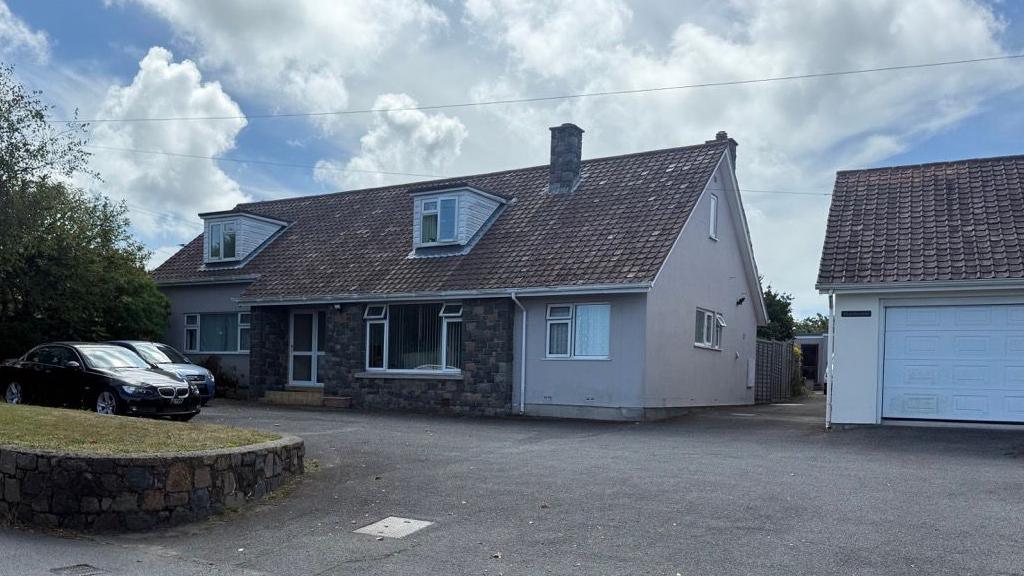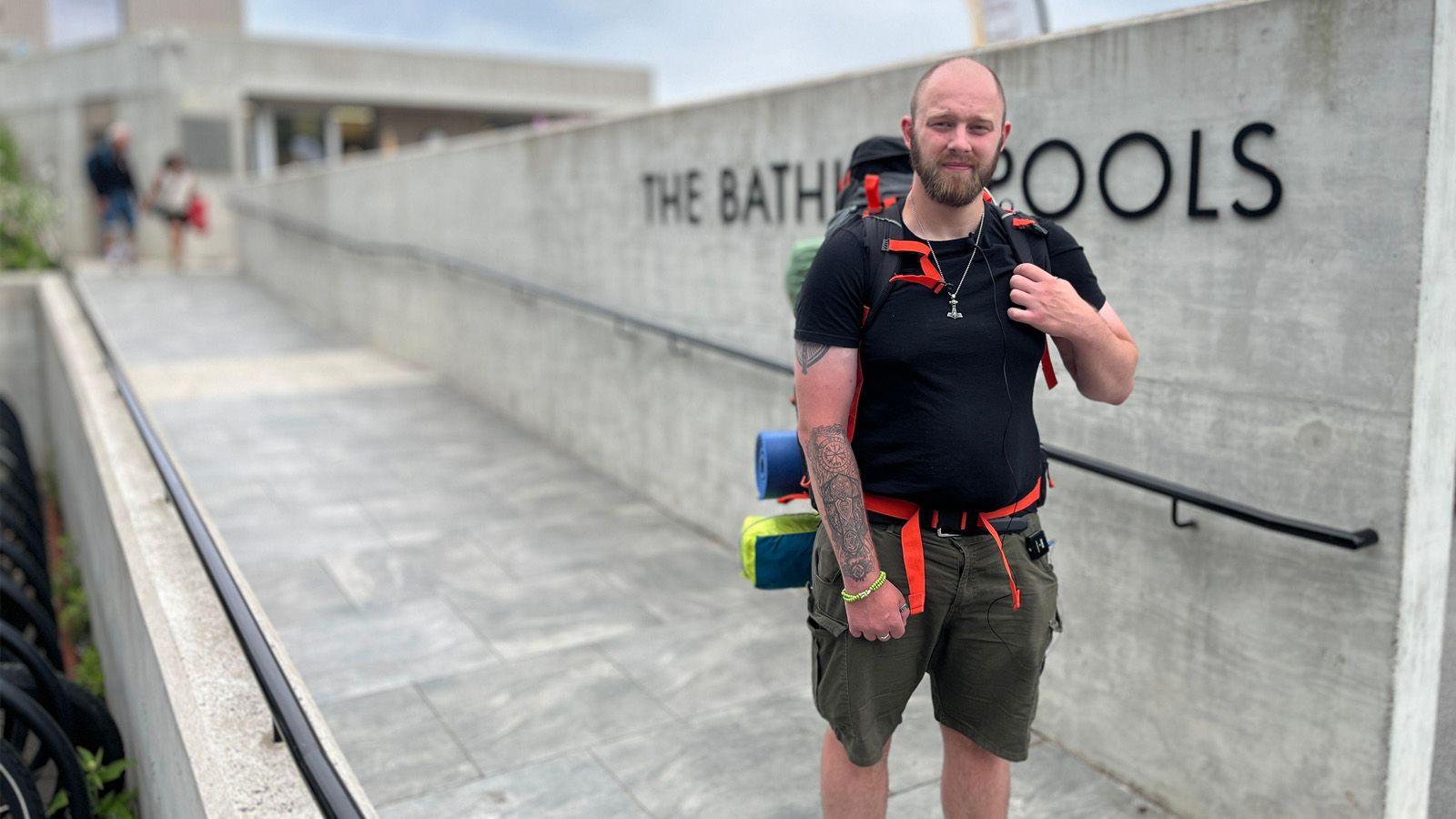Subsidies fuelling high rents, minister says
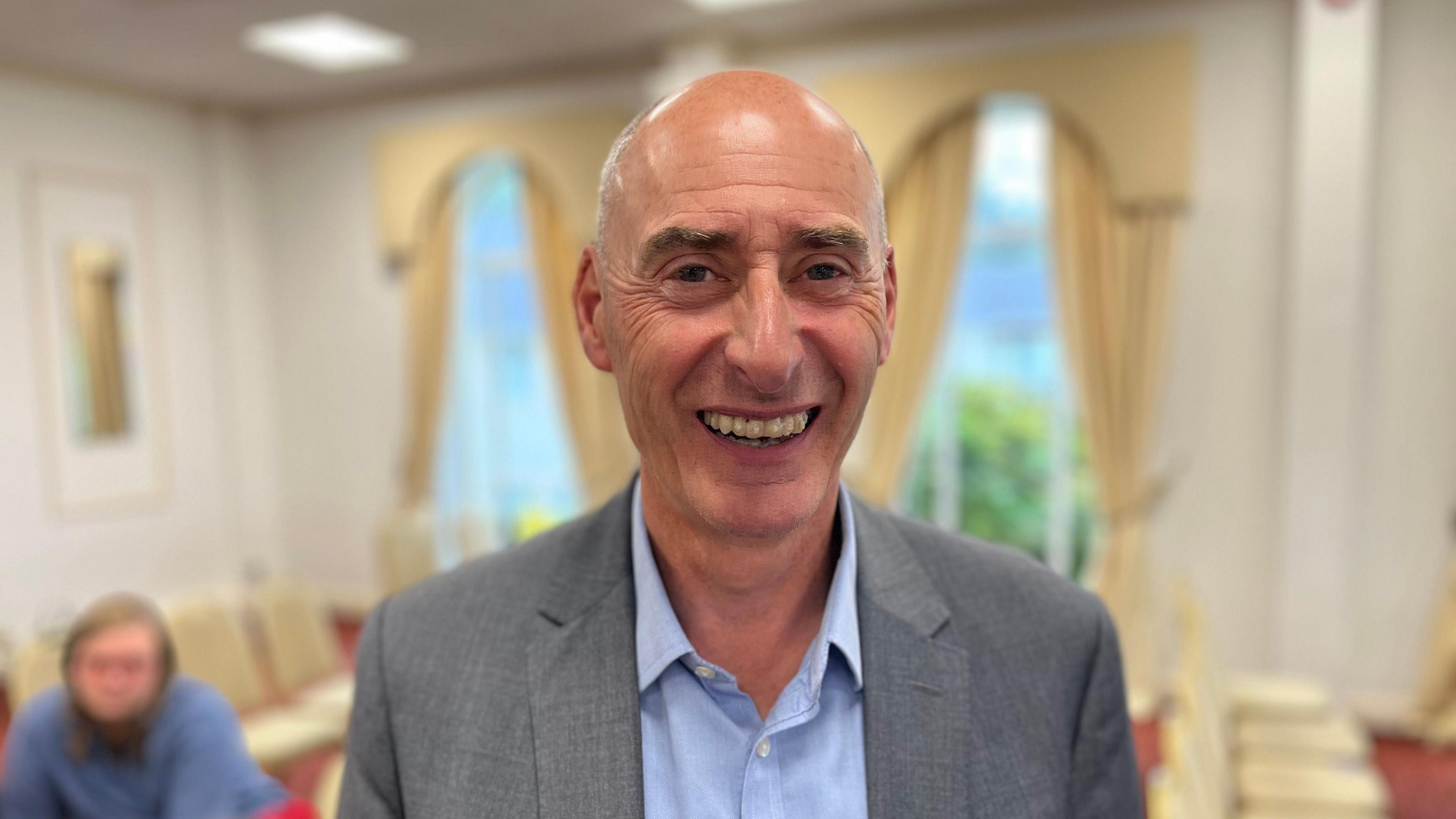
Housing minister Steve Williams said he wanted to tackle "unreasonable" rent increases from a minority of landlords
- Published
Subsidised rent for people moving to Guernsey to work for the States is "distorting" the private letting market, leading to higher rents, the new housing president has said.
Deputy Steve Williams said the subsidies - designed to entice key workers such as police officers, teachers and nurses to the island - "do not appear fair" to anyone "looking at it rationally".
He told the BBC the current system was "unequal" as existing island residents in the same roles received no financial support.
The solution was "not simple", Williams said, but one possibility was creating States-owned "key worker housing" at "reasonable" rents, so subsidies did not go into the "pockets of private landlords".
Williams said he also wanted to look at ways to stop "unreasonable increases" in rent from a minority of landlords.
Landlords should be able to increase rent to cover things such as rising "bill and maintenance costs", he said, but only in line with "something close to... normal inflation".
Williams said: "We don't want to be draconian... but there are areas where you just feel that some people are being taken advantage of.
"We can't have people being charged unreasonable amounts of money when they're all struggling and it has a knock-on impact on the whole population, the working population."
Deputy Steve Williams said there was no "simple solution" to key worker housing
Williams said emergency housing was "a priority".
"We know there's a [hidden homelessness] problem, we know we need to do something about it," he continued.
He hoped 12 to 24 new modular units suitable for emergency housing could be ready within 12 months.
However, he also said they would need electricity, water and drainage, as well as planning permission, so it was important to "under-promise and over-deliver".
Williams also said two new emergency housing pods would be ready sooner, and would not need electricity or mains water installed - so were primarily waiting for planning permission.
Williams said he also wanted to explore alternative emergency housing options to "increase the supply" in the short-term, such as temporary shelters for rough sleepers.
He said: "There must be buildings out there [we could use temporarily] to try and alleviate the problem... ideally at a minimal cost.
"I am about delivery. I'm not here to do this job as pushing paper around and building up some reports that sit on the shelves."
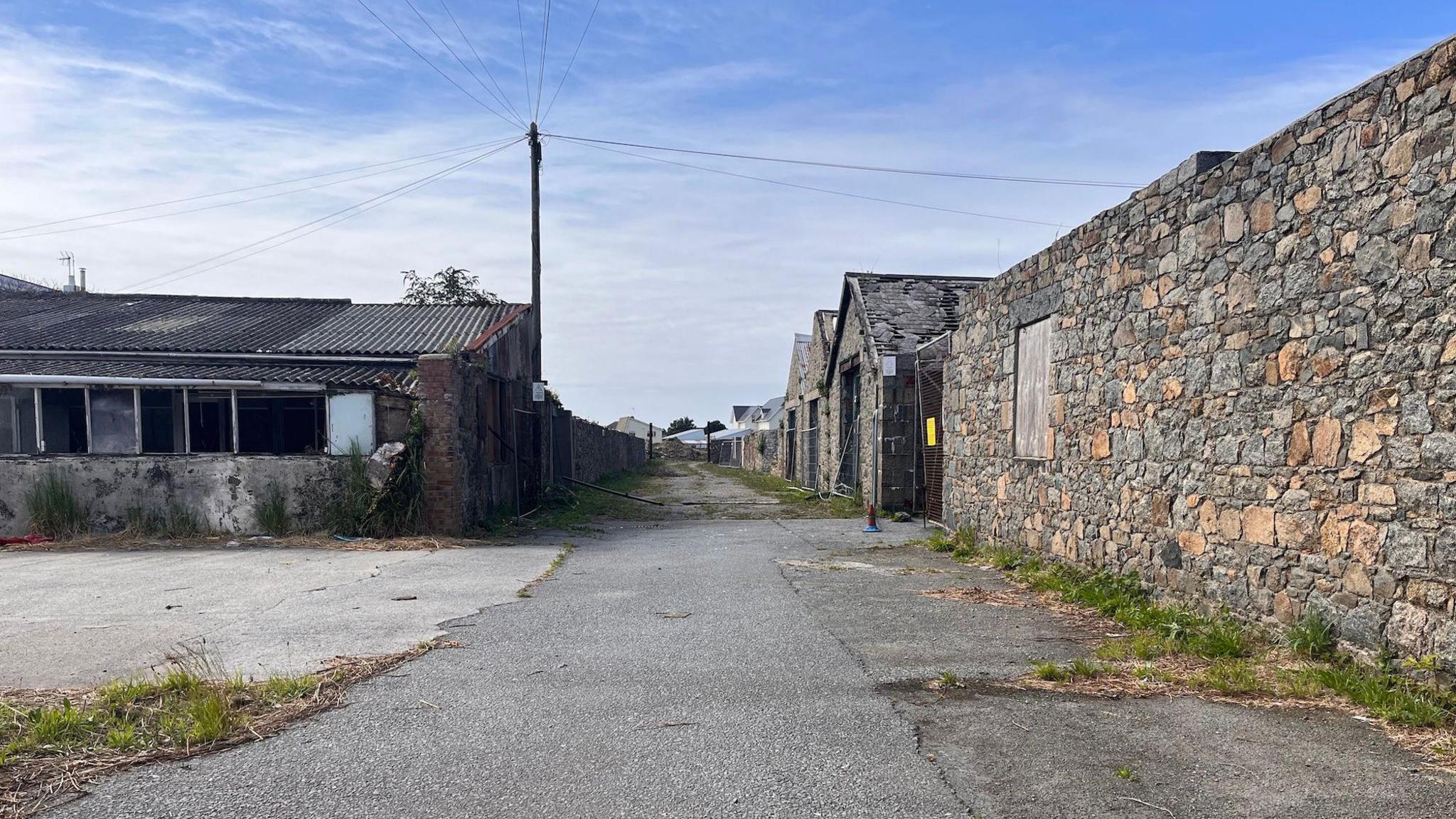
Deputy Williams said delays to construction projects on the island were causing a "log jam" in the housing market
Williams said the housing market had become "seized up".
He highlighted a 2017 report by KPMG, external which found there were "enough bedrooms in the island if we could divvy them all up".
"There are people who have got spare bedrooms in their property whilst other people are scrabbling around trying to find one," he said.
The last States had introduced a £10,000 tax break for people renting out spare rooms to lodgers, he said.
However, there had been a "slow take-up" on the rent-a-room relief scheme because it "probably [needed] more publicity".
He said there was also "the difficulty of people downsizing from larger properties into smaller ones and freeing them up".
Knock-on consequences
Williams said the States needed to be cautious of "unforeseen" effects of any new policies.
However, he said there were a "whole raft of other benefits" to reducing the "log jam" in the housing market.
He said: "People will be inevitably stuck in properties and relationships where they've gone sour, or they're sticking by because there's nowhere else to go and it just heightens all the problems."
Having "decent-quality, secure accommodation" would reduce health costs to the island and improve education, Williams added.
"It's much, much wider than just having a roof over your head".
Follow BBC Guernsey on X, external and Facebook, external and Instagram, external. Send your story ideas to channel.islands@bbc.co.uk, external.
- Published20 April
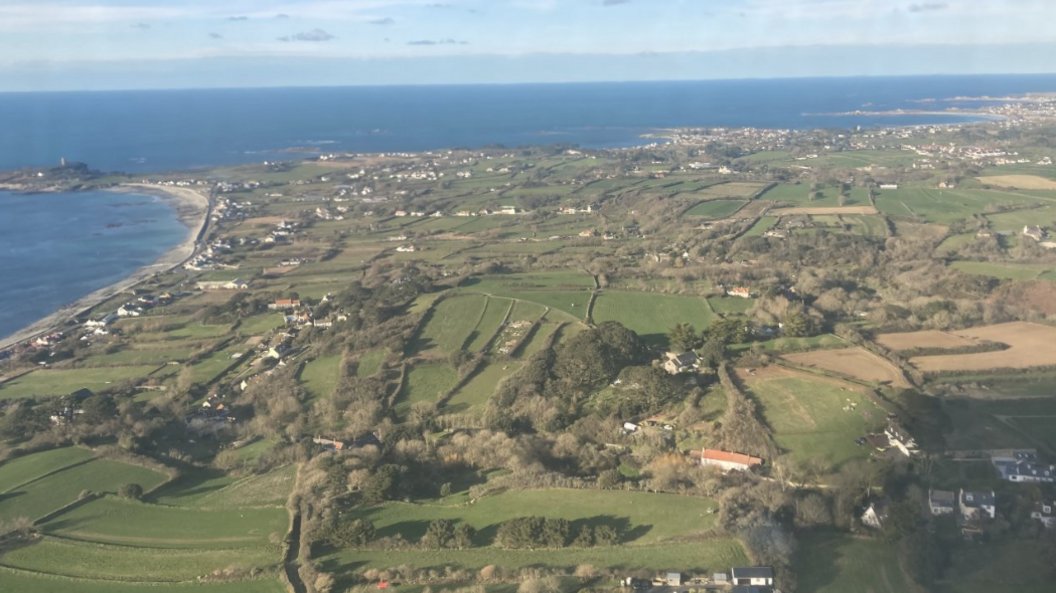
- Published12 August
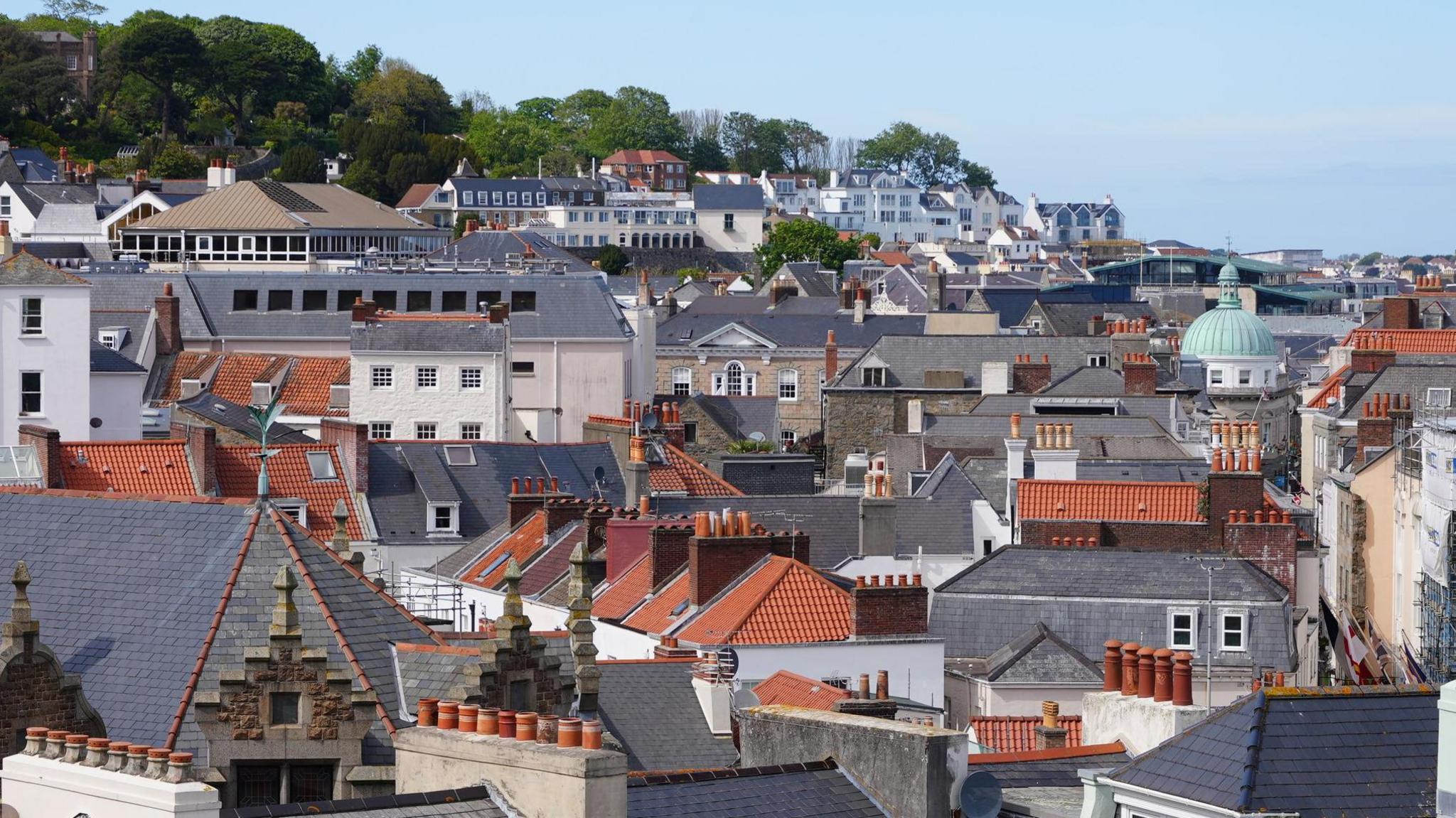
- Published14 August
